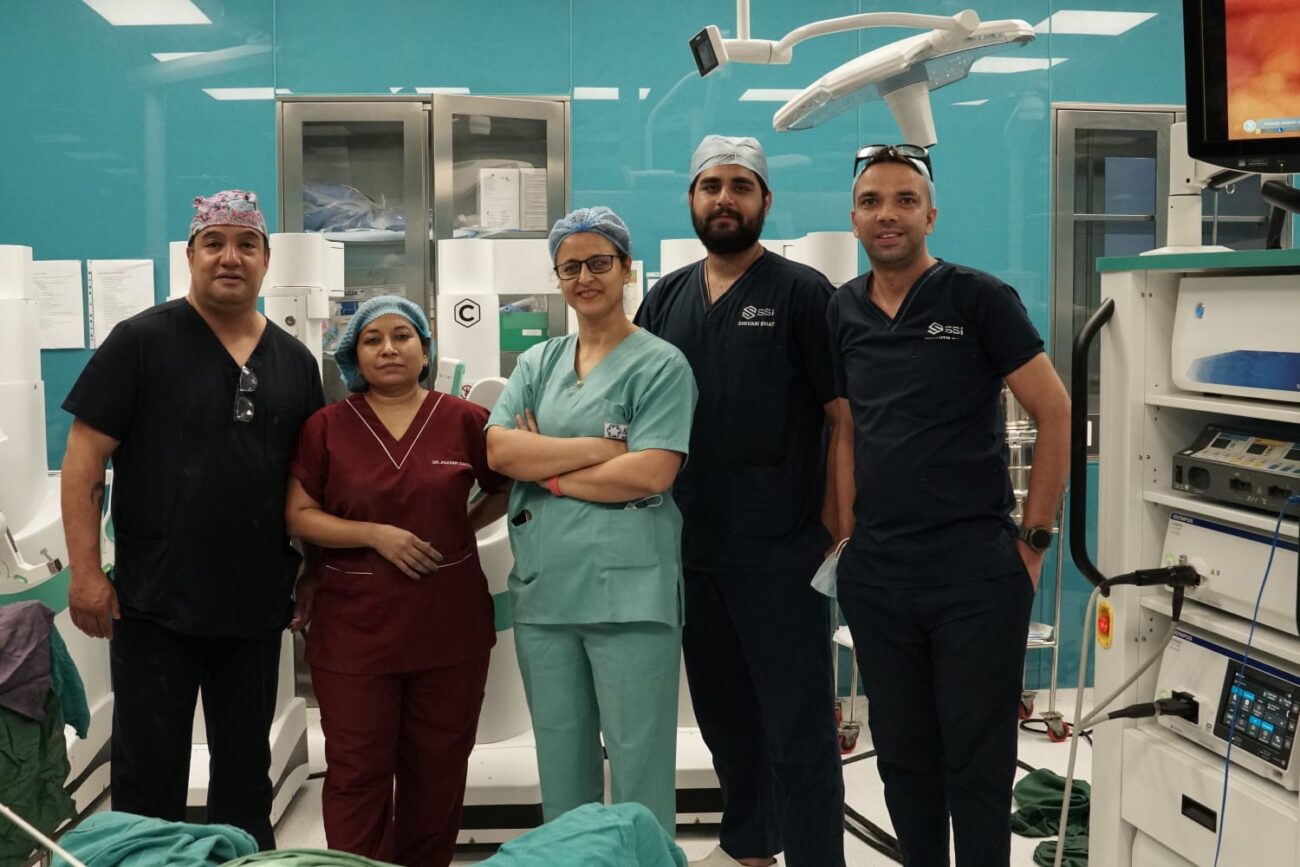India Diabetes Care Index reveals HbA1c level increased in Mumbai
HbA1c is the best recommended indicator of long-term blood sugar control In Mumbai, the average HbA1c level increased from 8.10% to 8.25% in past one year Around 56,000 people with an average age of 56 years were
HbA1c is the best recommended indicator of long-term blood sugar control
In Mumbai, the average HbA1c level increased from 8.10% to 8.25% in past one year
Around 56,000 people with an average age of 56 years were part of the analysis in the city, out of which 52% were male and 48% were female

Novo Nordisk Education Foundation unveiled the first-year report of India Diabetes Care Index under the ‘Impact India: 1000-Day Challenge’ programme. According to the report, HbA1c level, the best recommended indicator of long-term blood sugar control increased from 8.10% to 8.25% in Mumbai.
HbA1c test gives an idea about the average level of blood sugar control for 3 months. Around 56,000 people with an average age of 56 years were part of the analysis in the city, out of which 52% were male and 48% were female.
Speaking about the report, Dr. Siddarth N. Shah, consultant Physician and Diabetologist from Mumbai said, “Diabetes, if ignored, can lead to vascular complications. People in Mumbai are known for their fighting spirit and today is the time we all should join hands and make efforts to control the menace of diabetes in the city. The latest India Diabetes Care Index report revealed that the average HbA1c level in the city has increased, which is alarming. If people living with diabetes become more careful about their diet, adequate physical activity, timely medications and monitor sugar levels regularly, diabetes can be managed effectively.”
Talking about the programme, Dr. Anil Shinde, Trustee, Novo Nordisk Education Foundation, said, “The “Impact India: 1000-Day Challenge” Programme was introduced to address the growing concern of uncontrolled diabetes in India. With the Impact India initiative, we have set an ambitious target and hope to see India emerge as a role model in diabetes care.” The programme was introduced to address the growing concern of uncontrolled diabetes in India.”
The programme was launched a year ago, to address the issue of suboptimally controlled diabetes in India. The ambition of the programme is to reduce the national average HbA1c by 1%, which can help reduce the risk of diabetes-related complications significantly in India. iDCI® (Indian Diabetes Care Index) was introduced in 2018 as a part of the programme to improve diabetes care in the country. Based on big data analytics, iDCI® has been providing a real-time view of the average HbA1c in India across select cities. Under the Impact India programme, digital platforms are being leveraged to partner with healthcare practitioners (doctors and paramedics) to evolve and implement an approach to diabetes care appropriate for India. iDCI® is a dynamic tool that not only tracks the status of diabetes care but also helps to increase awareness, motivate and sensitise the healthcare professionals (HCPs) and society.
The IMPACT India programme will continue its three-pronged approach over the next two years through interactions with healthcare practitioners (HCPs), societal/patient engagement and monitoring.



